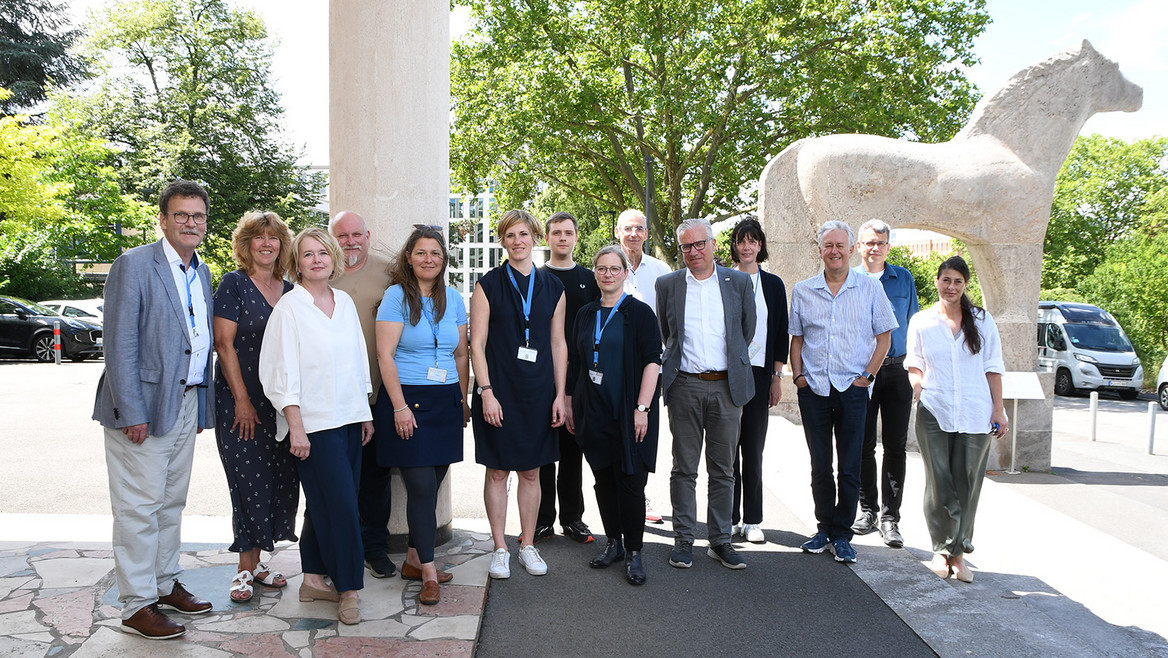Wie die Vergangenheit zählt. Zur Geschichte des Statistischen Bundesamtes (GeStat)
Research department: Contemporary History and Archive
Project Leader within IRS: Prof. Dr. Kerstin Brückweh
Project Team: Paul Treffenfeldt Dr. Svetlana Burmistr
Consortium: Leibniz Institute for Research on Society and Space (Coordination) Germany. Federal Statistical Office
Funding Organization: Federal Statistical Office
Duration: 07/2024 - 06/2028
After a boom since the mid-noughties, historical research into public authorities and institutions is now considered to be less innovative, especially in the form of commissioned research. This seems particularly relevant when it only relates to the post-war period.
In collaboration with the Federal Statistical Office, the IRS is testing a different approach to historical research on public authorities: the project is investigating ideas and concepts relating to the politics of the past as well as methodological, personnel and organisational developments at the Federal Statistical Office since the late 1980s, taking the census boycott as a starting point. During this period, a new interest in the past in National Socialism in West German society and historiography coincided with the end of the GDR, which then also became the subject of discourses on the politics of the past. The two discourses thus became intertwined. This constellation had a significant influence on the reunification process and continues to have an impact today - both on the part of the authorities and on the part of society.
On the one hand, the focus is on questions about the methodological, personnel and structural framework conditions and practices during the transformation period. How were the institutions and personnel from the GDR dealt with? For the Federal Statistical Office, the question of the long-term effects of the census boycott on the handling of data and data protection is particularly important. On the other hand, questions arise about the interaction of the intertwining of past political discourses on National Socialism and the GDR with official contract research on the one hand and the history of the office on the other. Science communication is therefore a genuine part of the project from the very beginning.


